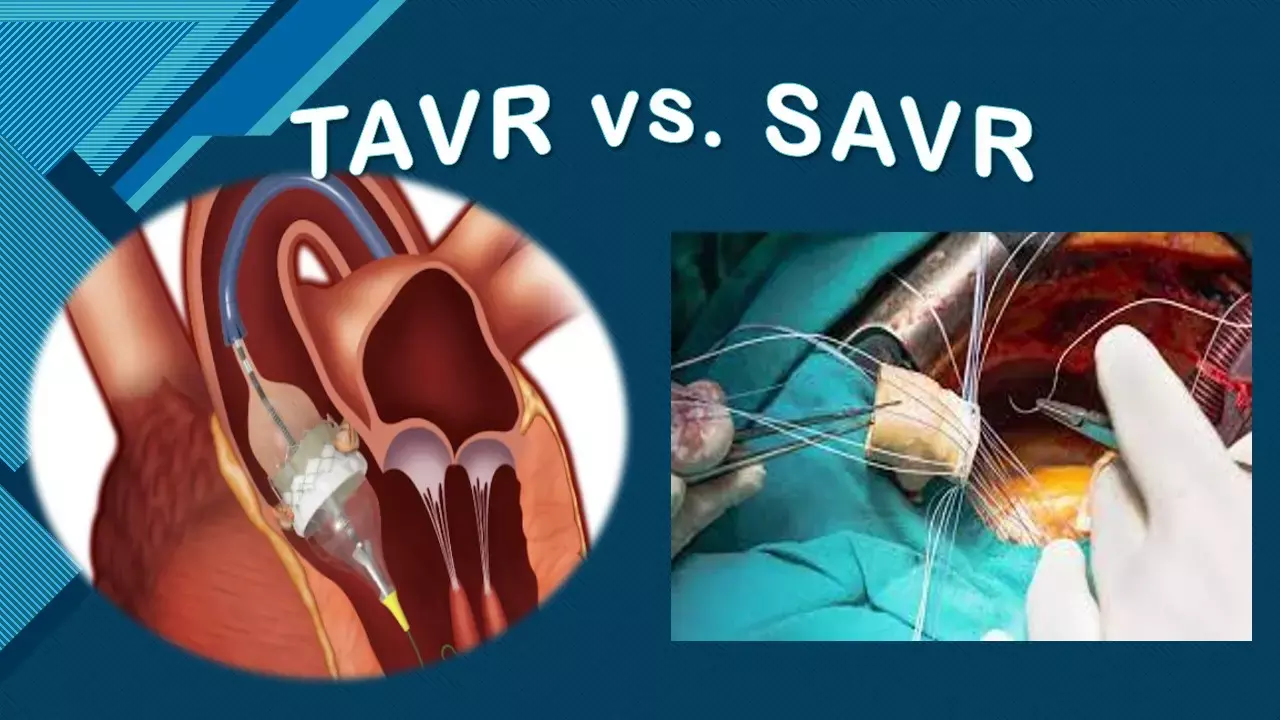- Home
- Medical news & Guidelines
- Anesthesiology
- Cardiology and CTVS
- Critical Care
- Dentistry
- Dermatology
- Diabetes and Endocrinology
- ENT
- Gastroenterology
- Medicine
- Nephrology
- Neurology
- Obstretics-Gynaecology
- Oncology
- Ophthalmology
- Orthopaedics
- Pediatrics-Neonatology
- Psychiatry
- Pulmonology
- Radiology
- Surgery
- Urology
- Laboratory Medicine
- Diet
- Nursing
- Paramedical
- Physiotherapy
- Health news
- Fact Check
- Bone Health Fact Check
- Brain Health Fact Check
- Cancer Related Fact Check
- Child Care Fact Check
- Dental and oral health fact check
- Diabetes and metabolic health fact check
- Diet and Nutrition Fact Check
- Eye and ENT Care Fact Check
- Fitness fact check
- Gut health fact check
- Heart health fact check
- Kidney health fact check
- Medical education fact check
- Men's health fact check
- Respiratory fact check
- Skin and hair care fact check
- Vaccine and Immunization fact check
- Women's health fact check
- AYUSH
- State News
- Andaman and Nicobar Islands
- Andhra Pradesh
- Arunachal Pradesh
- Assam
- Bihar
- Chandigarh
- Chattisgarh
- Dadra and Nagar Haveli
- Daman and Diu
- Delhi
- Goa
- Gujarat
- Haryana
- Himachal Pradesh
- Jammu & Kashmir
- Jharkhand
- Karnataka
- Kerala
- Ladakh
- Lakshadweep
- Madhya Pradesh
- Maharashtra
- Manipur
- Meghalaya
- Mizoram
- Nagaland
- Odisha
- Puducherry
- Punjab
- Rajasthan
- Sikkim
- Tamil Nadu
- Telangana
- Tripura
- Uttar Pradesh
- Uttrakhand
- West Bengal
- Medical Education
- Industry
NOTION verdict out: TAVR comparable to SAVR even after 8 years, EHJ

Transcatheter aortic valve implantation (TAVI) has expanded rapidly for the treatment of symptomatic severe aortic valve stenosis (AS). But concerns remain over long-term durability of bioprosthetic transcatheter valves. Eight-year data from the NOTION trial published in European Heart Journal have shown no differences in clinical outcomes and bioprosthetic valve failure between TAVI and surgery among patients at low surgical risk, suggesting good long-term durability for the percutaneous approach.
The limited data on long-term clinical outcome after TAVI compared to SAVR, as well as the durability of transcatheter heart valves (THV), have been raised as a concern for expansion of TAVI to patients with longer life expectancy.
The Nordic Aortic Valve Intervention (NOTION) trial randomized patients at lower surgical risk to TAVI or SAVR between 2010 and 2013. Expanding on previous mid-term follow-up data from the NOTION trial, the aims of the present study were to report clinical outcomes and durability of bioprosthetic aortic valves 8 years after TAVI and SAVR.
At the commencement of trial, patients with symptomatic severe aortic valve stenosis were randomized to TAVI or SAVR. Clinical status, echocardiography, structural valve deterioration, and failure were assessed using standardized definitions. In total, 280 patients were randomized to TAVI (n = 145) or SAVR (n = 135).
In the current analysis of 133 patients surviving to 8 years, there were still no differences between TAVI and surgery in terms of the primary endpoint and each of the individual endpoints of all-cause mortality, stroke, and MI. Moreover, the rate of structural valve deterioration (SVD) was lower with TAVI and the risk of bioprosthetic valve failure was similar.
Outcomes on bioprosthetic durability demonstrated that the risk of SVD was lower after TAVI compared to SAVR, whereas there was no significant difference in the risk of bioprosthetic valve failure (BVF) between the two groups. These results are the longest reported follow-up of a patient population randomized to TAVI or SAVR.
In an editorial accompanying the study, Shakirat Oyetunji writes that the findings "align with" the recently released American College of Cardiology/American Heart Association guidelines for the management of valvular heart disease. "They support the Class I recommendation for TAVI in patients over age 80 with the mean age of 79 years in the NOTION trial and similar clinical outcomes between TAVI and SAVR."
But the editorial further notes that "increased rates of paravalvular leak (PVL) in TAVI compared with SAVR is also an area of concern. While no mortality difference was appreciated in this study between patients with moderate/severe PVL and patients with no/trace/mild PVL, other randomized clinical trials have reported higher rates of PVL in the TAVI versus SAVR patients, with associated increased mortality with increasing severity. Thus, the clinical equipoise for TAVI versus SAVR in the guidelines for aortic valve intervention in the 65- to 80-year-old cohort holds until we have longer-term data."
As longer-term data on TAVI valve durability become available, the age range for recommending TAVI over SAVR may shift, but at this time patients younger than 65 should undergo SAVR and patients aged 65 to 80 should be engaged in a shared decision-making between the patient and the heart team, with special attention given to the next aortic valve intervention.
Source: European Heart Journal: https://doi.org/10.1093/eurheartj/ehab375
MBBS, MD , DM Cardiology
Dr Abhimanyu Uppal completed his M. B. B. S and M. D. in internal medicine from the SMS Medical College in Jaipur. He got selected for D. M. Cardiology course in the prestigious G. B. Pant Institute, New Delhi in 2017. After completing his D. M. Degree he continues to work as Post DM senior resident in G. B. pant hospital. He is actively involved in various research activities of the department and has assisted and performed a multitude of cardiac procedures under the guidance of esteemed faculty of this Institute. He can be contacted at editorial@medicaldialogues.in.
Dr Kamal Kant Kohli-MBBS, DTCD- a chest specialist with more than 30 years of practice and a flair for writing clinical articles, Dr Kamal Kant Kohli joined Medical Dialogues as a Chief Editor of Medical News. Besides writing articles, as an editor, he proofreads and verifies all the medical content published on Medical Dialogues including those coming from journals, studies,medical conferences,guidelines etc. Email: drkohli@medicaldialogues.in. Contact no. 011-43720751


